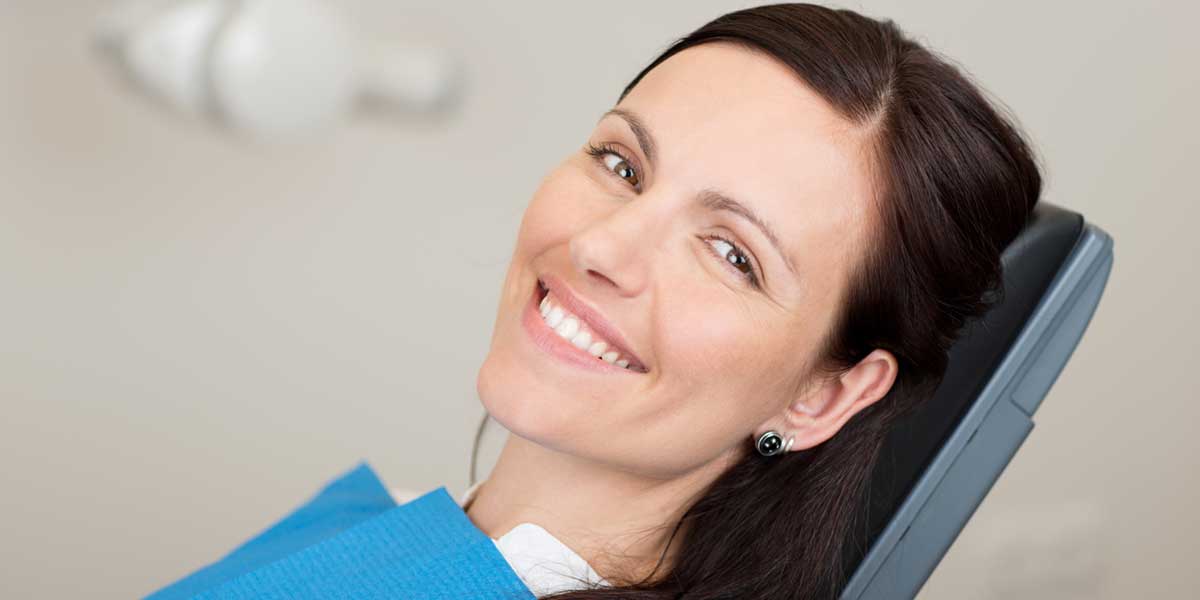
Airway Centered Dentistry
What is “Airway centered dentistry”? Airway centered dentistry is looking at teeth and the oral system holistically and understanding how the position of teeth and jaw could affect airway, breathing, and sleep. If teeth and the oral system can affect airway, breathing, and sleep, it could potentially impact every health system in one’s body.
The biggest impact of airway health is sleep. If inadequate 3D oral volume can result in poor airway (think sleep apnea), and that in turn can result in poor sleep. One can imagine the negative cascading consequences to health of having a poor airway.

Common chronic symptoms and ailments such as sinus infections, TMJD, headaches, acid reflux, and even constipation could be linked to poor airway anatomy. Other more serious chronic diseases such as hypertension, diabetes, heart disease, anxiety and depression, all have strong breathing and sleep ties.
What is interesting also, is poor airway can affect oral health (think night-time grinding to get more air, clenching and breaking teeth). In fact, a well trained dentist can have a good idea of whether or not a person could have sleep disordered breathing if it’s due to anatomic volume deficiency.
If you are interested in reading more, I would highly recommend Dr. Steven Park’s “Sleep Interrupted” and Dr. Felix Liao’s “6 Foot Tiger 3 Foot Cage”. Both authors have great perspectives of the subject from an ENT specialist and an airway-centered dentist’s point of view. This video will walk you through why we are so passionate about treating kids early
Please feel free to contact us to learn more about how we can help you airway or sleep related problems, or request an appointment online

